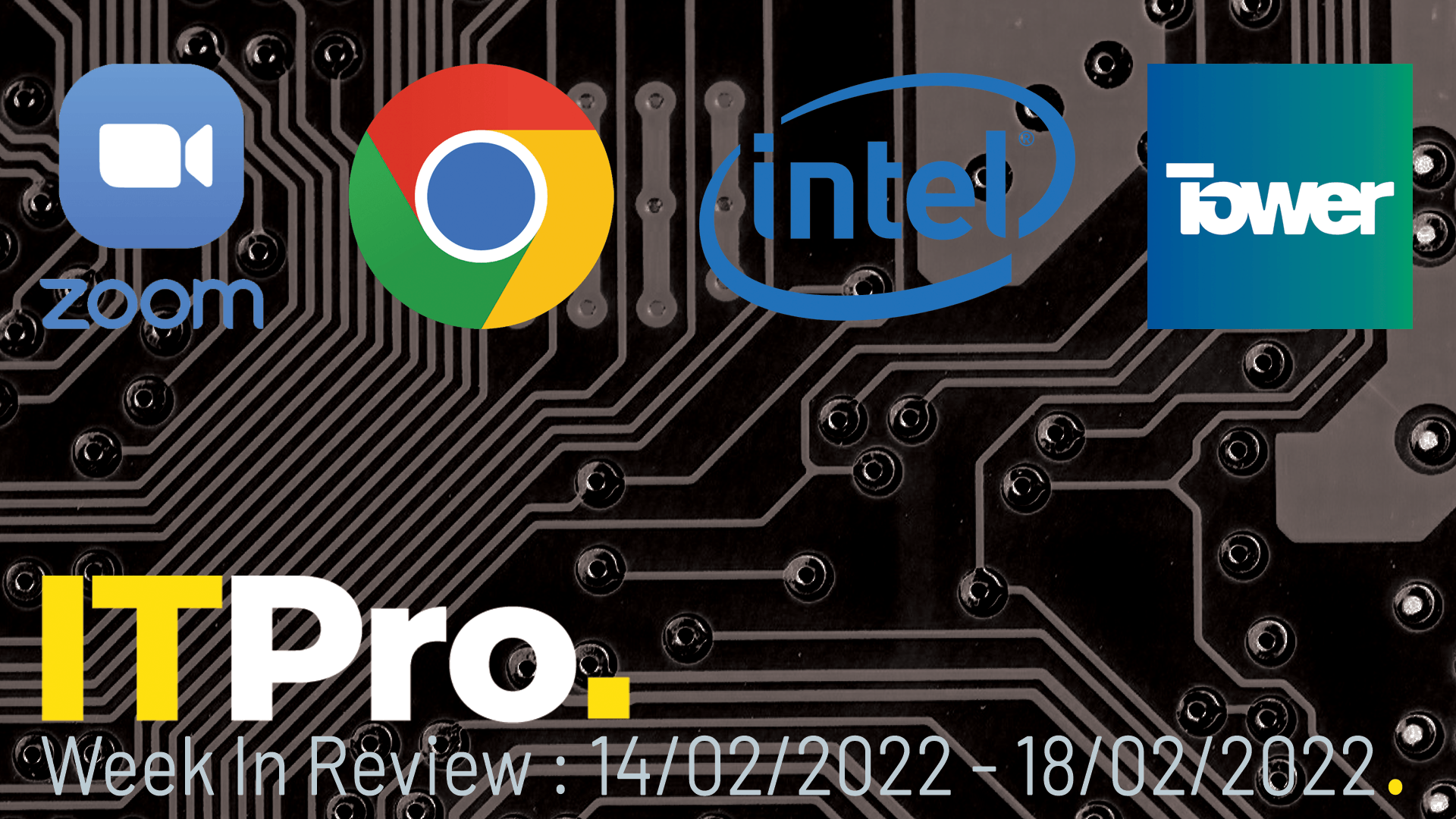Qualcomm announces 'extreme' ARM chip for thin and light PCs
In the first of its kind, the new 7nm chip promises excellent performance on Windows machines


Qualcomm has revealed the Snapdragon 8cx, a chip designed specifically for Windows 10 'Always Connected' PCs, claiming hefty performance into the first ever 7-nanometre chip for PCs.
It's the largest, most powerful CPU Qualcomm has ever made and has beaten Intel in reaching the 7nm process node for laptop and desktop computers; Intel has been attempting to create 10nm-based Core processors but has somewhat stalled the process given it has struggled to develop the chips at scale.
With the X' standing for extreme, the Snapdragon 8cx promises significant performance boosts over its predecessor, the Snapdragon 850, which was the first system-on-a-chip designed for Windows 10 Always Connected PCs.
Sporting an 8-core CPUs, the Snapdragon 8cx features a tightly packed plethora of transistors to offer boosted performance without compromising on battery life.
Qualcomm claims that the 8cx's performance will rival that of Intel's 15-watt U-series processors currently used in Windows's low-end thin and light systems, except that it will draw on less than half of the electricity at just 7 watts.
The chip will also feature a brand new GPU, the Adreno 680 Extreme which it said would eclipse the performance of its previous iteration, the Adreno on the Snapdragon 850, boasting 3.5 times better performance and performance that will be 60% more efficient.
In recent times there has been a big push for Microsoft and Qualcomm to create a new breed of Chromebook-like thin and light productivity machines and the 8cx promises to deliver on that.
Get the ITPro daily newsletter
Sign up today and you will receive a free copy of our Future Focus 2025 report - the leading guidance on AI, cybersecurity and other IT challenges as per 700+ senior executives
Although Intel and AMD comprise the bipartite market dominance for PC processors, Qualcomm has long cemented its authority in the mobile sphere, with most Android phones running some variant of Qualcomm's chips. With the Snapdragon 8cx, there is a possibility that the mobile mammoth could be making some large footprints in the PC scene very soon, especially with the debut of more capable Windows 10 'Always Connected' PCs.
Building on its suitability for always-ready, the chip will have a new X24 LTE modem which won't quite get up to 5G speeds like the X50 5G, unlike its 855 mobile chip, although Qualcomm is working on it, users can expect a respectable 2Gbps speed out of the cellular tech.
Everyone is excited about this because the 8cx is the first chip it has produced that genuinely shows potential to run Windows properly. Apparently, it's capable of running Windows Enterprise and that's partially due to its massive upgrade in memory when compared to the Snapdragon 850. It will support up to 16gb of LPDDR4x RAM as opposed to a lacklustre 4GB in its older sibling.
Despite having the option on the 7nm chip to favour battery life, Qualcomm has gone down the performance route, but still promises a battery life comparable to the 850. It should last you all day on a full charge and thanks to the Quick Charge 4+ technology, hook it up to a USB-C and it should juice up fairly quickly if its running low.
The new ARM chip which joins Apple in its superiority over Intel's versions is perfect for always-ready machines that are increasing in popularity. Always-ready PCs are computers which have mobile phone-like cellular connectivity, near day-long battery lives and month-long standby times. This means they're always ready when you need them and always connected to the internet without having to rely on public WiFi or personal hotspots for internet connectivity.
With battery life, connectivity and portability three of three key factors to consider when making a laptop purchase, we could be seeing much more of Qualcomm in the PC sphere as the market potentially grows.

Connor Jones has been at the forefront of global cyber security news coverage for the past few years, breaking developments on major stories such as LockBit’s ransomware attack on Royal Mail International, and many others. He has also made sporadic appearances on the ITPro Podcast discussing topics from home desk setups all the way to hacking systems using prosthetic limbs. He has a master’s degree in Magazine Journalism from the University of Sheffield, and has previously written for the likes of Red Bull Esports and UNILAD tech during his career that started in 2015.
-
 Cleo attack victim list grows as Hertz confirms customer data stolen
Cleo attack victim list grows as Hertz confirms customer data stolenNews Hertz has confirmed it suffered a data breach as a result of the Cleo zero-day vulnerability in late 2024, with the car rental giant warning that customer data was stolen.
By Ross Kelly
-
 Lateral moves in tech: Why leaders should support employee mobility
Lateral moves in tech: Why leaders should support employee mobilityIn-depth Encouraging staff to switch roles can have long-term benefits for skills in the tech sector
By Keri Allan
-
 Citi to transition 70% of its workforce to Snapdragon mobile devices
Citi to transition 70% of its workforce to Snapdragon mobile devicesNews Longer battery life will allow the company to eliminate “thousands of tonnes” of CO2
By Adam Shepherd
-
 Qualcomm Snapdragon Summit: Snapdragon 8 Gen 2 platform unlocks new AI capabilities
Qualcomm Snapdragon Summit: Snapdragon 8 Gen 2 platform unlocks new AI capabilitiesNews Announced at Qualcomm's Snapdragon Summit in Hawaii, the latest chipset features improved AI support, Wi-Fi 7, and faster overall performance
By Adam Shepherd
-
 Qualcomm open to investing in Arm as part of consortium
Qualcomm open to investing in Arm as part of consortiumNews This comes after SK Hynix said it was interested in forming a consortium to acquire the British chipmaker
By Zach Marzouk
-
 IT Pro News In Review: Zoom microphone bug, new Google Chrome OS, Intel acquires Tower Semiconductor
IT Pro News In Review: Zoom microphone bug, new Google Chrome OS, Intel acquires Tower SemiconductorVideo Catch up on the biggest headlines of the week in just two minutes
By IT Pro
-
 Qualcomm unveils $1,500 smartphone for 'Snapdragon insiders'
Qualcomm unveils $1,500 smartphone for 'Snapdragon insiders'News Triple-lens handset made by Asus with Qualcomm technology will be available "soon"
By Bobby Hellard
-
 Qualcomm reveals Snapdragon 888 Plus 5G chipset
Qualcomm reveals Snapdragon 888 Plus 5G chipsetNews The new chipset boasts faster clock speeds and will boost AI performance on Android devices by 20%
By Danny Bradbury
-
 New Chrome OS update makes it easier to check for hardware faults
New Chrome OS update makes it easier to check for hardware faultsNews The diagnostic app can check for issues with the battery, the CPU, and on-board memory
By Bobby Hellard
-
 Chromebook demand "through the roof" with 287% growth
Chromebook demand "through the roof" with 287% growthNews HP leads the pack with 3.5 million units sold in Q4 2020
By Bobby Hellard